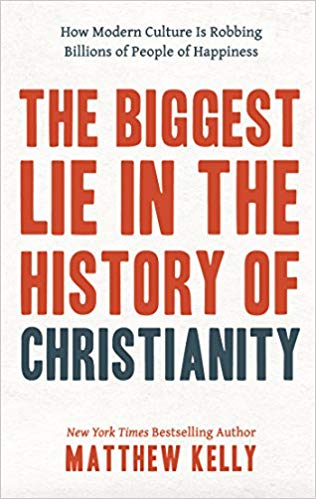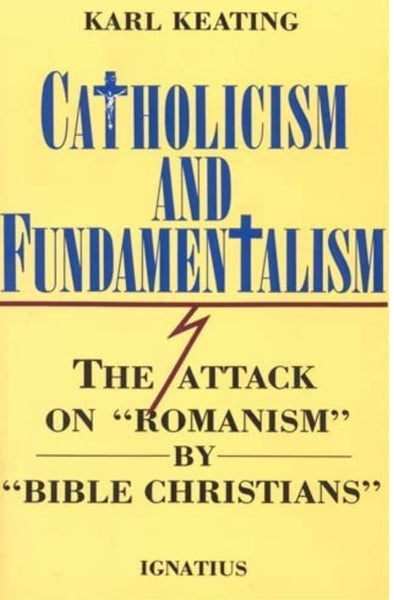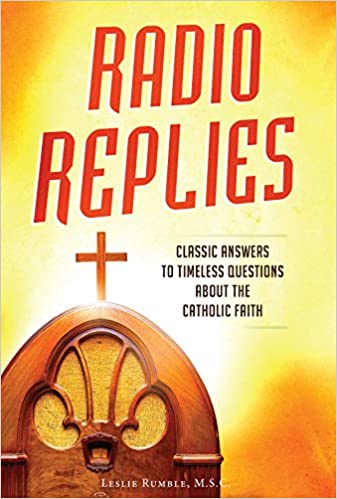
Benson’s short book…was aimed at those adherents to the Church of England who were disquieted by
the increasingly obvious cracks in the foundation of that church. So he returns to the foundations of the
Church Universal—most importantly, to the need for unity and for a shepherd to both symbolize and
ensure that unity. That symbol and reality, he reminds his readers, is found in Peter and his successors as
the Bishop of Rome.
A young lady once sought my guidance as she wrestled with questions of the truth of the Catholic Faith. I
lent her my copy of Fr. John A. Hardon, S.J.’s Catholic Catechism… Shortly thereafter, she decided that she
had to become a Catholic. She told me that she still was not fully convinced of (among other things) the
Church’s Marian doctrine or the existence of (much less the necessity for) Purgatory; but, like Father Benson’s
“John,” the “plain man” of this book’s title, she had been reminded that she needed to be united to the
successor of Peter. All the rest would follow in due time.
Reminding the reader of that reality is the genius of this book. Were I approached by a similar young lady
today, I would hold back Father Hardon’s catechism for future instruction, and give her a copy of The Religion
of the Plain Man. Provides an especially useful resource for priests, deacons, and other teachers of the Faith.
the increasingly obvious cracks in the foundation of that church. So he returns to the foundations of the
Church Universal—most importantly, to the need for unity and for a shepherd to both symbolize and
ensure that unity. That symbol and reality, he reminds his readers, is found in Peter and his successors as
the Bishop of Rome.
A young lady once sought my guidance as she wrestled with questions of the truth of the Catholic Faith. I
lent her my copy of Fr. John A. Hardon, S.J.’s Catholic Catechism… Shortly thereafter, she decided that she
had to become a Catholic. She told me that she still was not fully convinced of (among other things) the
Church’s Marian doctrine or the existence of (much less the necessity for) Purgatory; but, like Father Benson’s
“John,” the “plain man” of this book’s title, she had been reminded that she needed to be united to the
successor of Peter. All the rest would follow in due time.
Reminding the reader of that reality is the genius of this book. Were I approached by a similar young lady
today, I would hold back Father Hardon’s catechism for future instruction, and give her a copy of The Religion
of the Plain Man. Provides an especially useful resource for priests, deacons, and other teachers of the Faith.


